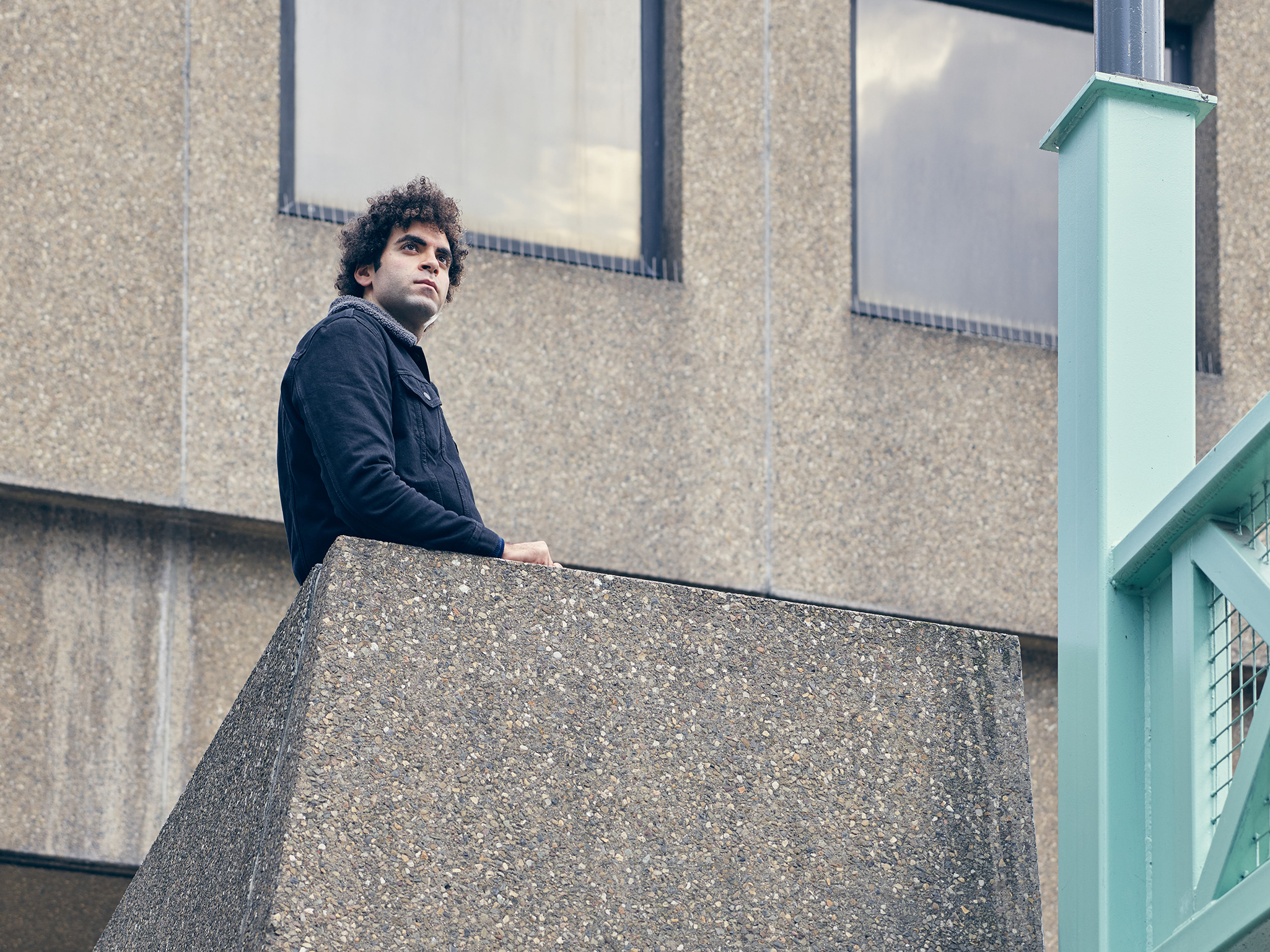When Adil El Arbi started film school, he knew right away that he didn’t quite fit in. The son of Moroccan market vendors in Belgium, attending on a government scholarship, he felt adrift in the sea of white middle-class faces. It was not only his roots that were different but his cinematic heroes. While others talked of their love of auteurs like Jean-Luc Godard, El Arbi named Steven Spielberg, Spike Lee and Oliver Stone as role models.
“JFK and Platoon and Nixon, these are political movies, they were Hollywood movies, but still they meant something,” he says. “[But] from the moment that you try to do something a little bit more entertaining, then it’s like you are a sellout.”
The qualities that set El Arbi apart eventually led to his success. He and fellow student Bilall Fallah, who shared not only his background but his cinematic passions, started making movies that drew on their experiences growing up as Belgian Moroccans, but with high-energy entertainment value and emotional storytelling.

The directing pair attracted international attention in 2015 with their second feature-length film, Black, a West Side Story–type gangland tale that was filmed and set in Molenbeek, the Brussels neighborhood that has since become synonymous with Islamic terrorism. Many of the men who carried out the Paris terrorist attacks in 2015 lived there, but El Arbi was determined to show a different side of the residents. The cast, made up of locals, “shows how many talented people are there, that a big generation of people want to do something positive,” he says.
Black made a splash at the Toronto International Film Festival in 2015, and Hollywood came calling. “Even though Black is a hard movie about gangs, it has this accessible way of telling the story, and that is what they were looking for,” he says.
El Arbi, 29, suddenly found himself meeting people like legendary Top Gun producer Jerry Bruckheimer, among other studio executives. Asked what kind of films they wanted to make, he and Fallah confessed their ambition to make Hollywood blockbusters. In 2016, they got the call to direct Beverly Hills Cop 4, the long-awaited comeback for Eddie Murphy’s Axel Foley. It might seem a world away from the streets of Molenbeek, but El Arbi says the new film will be a return to the original’s grittier feel. It’s partly set in Detroit, a “rough, hard world … that is also a bit like Brussels,” says El Arbi.
The pair have also directed the first two episodes of Snowfall, a pilot series for FX about the U.S. crack epidemic of the 1980s, and have been tapped to direct The Big Fix, about the FIFA corruption scandal. El Arbi’s experience in the U.S. so far has been uniformly positive, he says, but as a Muslim he cannot help but be aware of challenges in a world where nationalism and xenophobic sentiment have crept into the mainstream. It was easy growing up feeling as if there were “nothing to fight for,” he says. But now people his age have something on which to focus their energies. “Art and anger, and a willingness to fight and struggle, will make this one of the greatest generations,” he says.
- Cybersecurity Experts Are Sounding the Alarm on DOGE
- Meet the 2025 Women of the Year
- The Harsh Truth About Disability Inclusion
- Why Do More Young Adults Have Cancer?
- Colman Domingo Leads With Radical Love
- How to Get Better at Doing Things Alone
- Michelle Zauner Stares Down the Darkness




